Tar Creek (2009)
Gênero : Documentário
Runtime : 1H 35M
Director : Matt Myers
Sinopse
Tar Creek is an environmentally devastated area in northeastern Oklahoma with acidic creeks, stratospheric lead poisoning and enormous sinkholes. Nearly 30 years after being designated as a Superfund cleanup program, residents are still struggling.

Um problema de longas datas está se mostrando cada vez mais grave. Mudanças de temperatura, inundações, e outros fenômenos semelhantes têm se tornado cada vez mais comum, e o que tem sido feito na tentativa de amenizar essa situação? É na busca por respostas para essas questões que Leonardo DiCaprio abraça a missão de testemunhar as mudanças climáticas em diversos países, e de uma forma nunca vista antes.
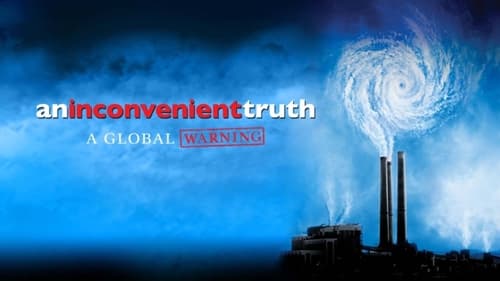
O ex-vice-presidente dos Estados Unidos Al Gore apresenta uma análise da questão do aquecimento global, mostrando os mitos e equívocos existentes em torno do tema e também possíveis saídas para que o planeta não passe por uma catástrofe climática nas próximas décadas.
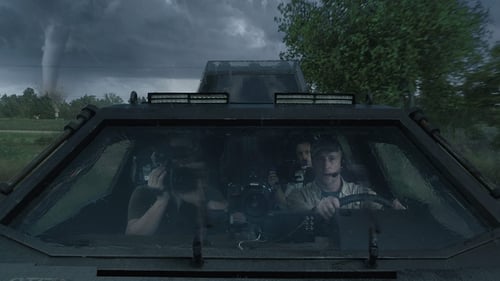
Na trama, em um único dia, a cidade de Silverton é devastada por uma ocorrência sem precedentes de tornados. A maioria das pessoas procura abrigo, enquanto caçadores de tempestades saem atrás dos fenômenos para registrá-los em vídeo.
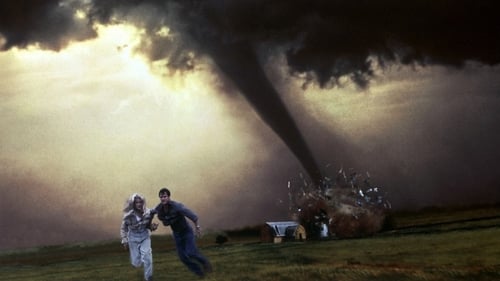
Em Oklahoma está se anunciando uma tempestade que não acontece há décadas e dois grupos de cientistas rivais planejam entrar para a história colocando sensores no tornado, para que estas informações possam ir até um computador e, assim, seja possível prever sua chegada com maior antecedência. Mas para colocar os sensores, é necessário ficar o mais próximo possível do tornado e torcer para que os sensores sejam sugados pela tempestade. Em uma das equipes está uma jovem (Helen Hunt) obcecada por tal idéia, pois em 1969 ela viu o pai ser sugado por uma tempestade e atualmente ela planeja conseguir seu intento ou morrer tentando.
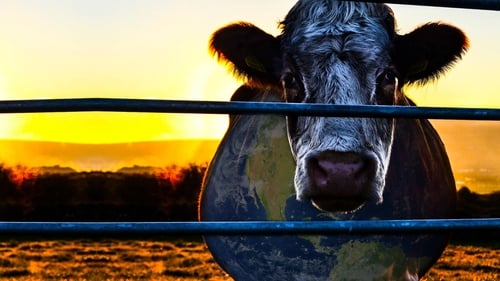
Documentário ambiental inovador que segue o intrépido cineasta Kip Andersen há medida que ele revela a indústria mais destrutiva que o planeta enfrenta hoje - e investiga porque as principais organizações ambientais do mundo estão com muito medo de falar sobre isso. A agropecuária é a principal causa do desmatamento, consumo de água e poluição, é responsável por mais gases de efeito estufa do que o setor de transporte, e é o principal motor da destruição da floresta, extinção de espécies, perda de habitat, erosão do solo, de "zonas mortas" nos oceanos, e praticamente todos os outros problemas ambiental. A medida que Andersen confronta os líderes do movimento ambiental, ele descobre cada vez mais o que parece ser uma recusa intencional de discutir a questão da agricultura animal, enquanto denunciantes da indústria e "cães de guarda" o alertam dos riscos para a sua liberdade e até mesmo para a sua vida se ele se atreve a persistir.
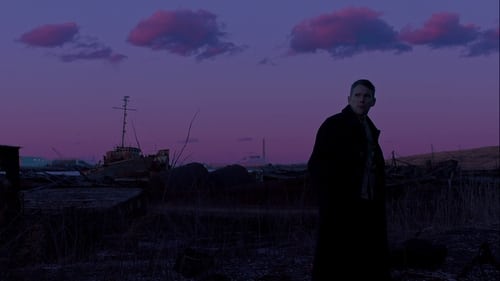
O ex-militar capelão Toller sofre pela perda do filho que ele encorajou a se alistar nas forças armadas. Um outro desafio começa quando ele faz amizade com a jovem paroquiana Mary e seu marido, que é um ambientalista radical. Toller logo descobre segredos escondidos de sua igreja com relação a empresas inescrupulosas.

Quarenta anos da história norte-americana, em um período compreendido entre 1889 e 1929, são vistos através dos olhos de Yancey Cravat, um editor de jornal e o homem da lei de Oklahoma. Ele deixa suas terras em Wichita, chegando em Osage com sua família, mas logo sente-se ocioso novamente, com a rotina, e decide ir para Cherokee Strip, deixando sua família para trás. Sua mulher, Sabra, precisa então aprender a viver por conta própria. Vencedor do Oscar de Melhor Filme, foi o primeiro do gênero faroeste a conseguir tal proeza (fato que só se repetiu mais duas vezes, com Dança com Lobos e Os Imperdoáveis). Faturou ainda as estatuetas de Melhor Direção de Arte e Melhor Roteiro Adaptado.
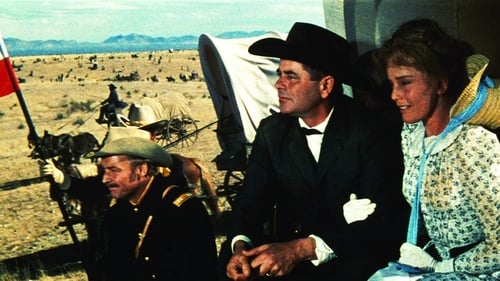
O Oklahoma Land Run de abril de 1889 define o cenário para uma saga épica de um aventureiro de fronteira, sua esposa, sua família e seus amigos. A saga épica de uma família de fronteira, Cimarron começa com o Oklahoma Land Rush em 22 de abril de 1889. A família Cravet transforma seu jornal Oklahoma Wigwam em um império comercial e Yancey Cravet é o idealista aventureiro que, para a raiva de sua esposa, desperdiça a oportunidade de se tornar governador, pois isso significa ajudar a espoliar os nativos americanos de suas terras e recursos.
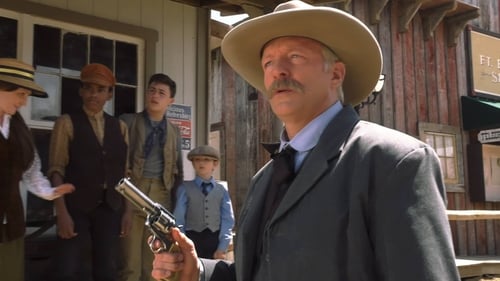
A movie company comes to Oklahoma to convince legendary lawmen Bill Tilghman to star in a bank robbery silent film featuring real outlaws. Tilghman reluctantly agrees, not realizing everyone's lives will never be the same.
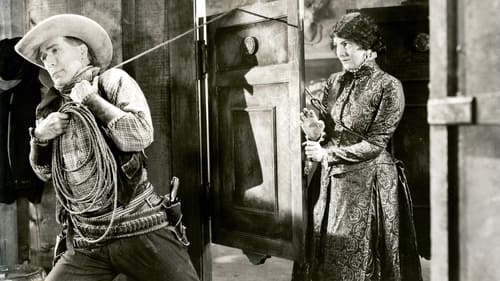
William S. Hart stars in this 1925 silent film as a cowboy intent on claiming land during the 1889 land rush in the Oklahoma Territory. Though hardened from years of taming the new frontier, he falls in love with a beautiful woman. Before he settles down, however, he must contend with men who wish to bring him harm. In the prologue of the 1939 Astor Pictures revival of this film, Hart gives a moving eight-minute introduction-- the first and only time he appeared in a film accompanied by his striking voice.

A diminishing water supply is driving people from their land in a remote region of Nepal. The younger generation of the Gurung family adapts by commuting from their ancestral home, where subsistence depends on grazing goats and cows, to a village that has a commercial apple orchard, fed by irrigation. “We cannot give up cultivating our fields,” a elderly man explains. “The apple farm is not going to be able to feed us easily.” The older generation believes that water shortages stem from road building and bulldozing, upsetting the natural order, a young man explains. Both generations fly prayer flags, beseeching water.

A reading of the Grand Prize-winning essay in the Earth Day 50 Art & Essay Contest, April 22, 2020, held in Clark County, Nevada. Narration by winner Sydney Lin; illustrated by the top 20 artwork entries; music by permission, Zukir Hussain.

Every day our changing climate pushes us closer to an environmental catastrophe, but for most the problem is easy to ignore. David Hallquist, a Vermont utility executive, has made it his mission to take on one of the largest contributors of this global crisis-our electric grid. But when his son Derek tries to tell his father's story, the film is soon derailed by a staggering family secret, one that forces Derek and David to turn their attention toward a much more personal struggle, one that can no longer be ignored. - Written by Aaron Woolf
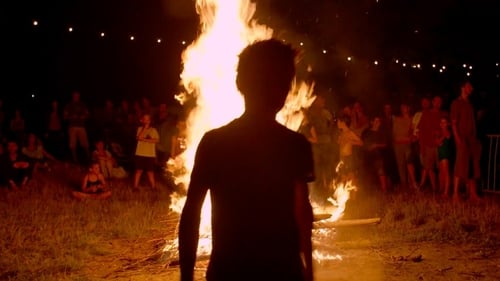
Today, like a ship entering the storm, the world faces climate change induced collapse. Once You Know, by director Emmanuel Cappellin, is a poetic and poignant exploration of how four of the world’s leading climate scientists and energy experts find truth, chaos, and hope in their work.
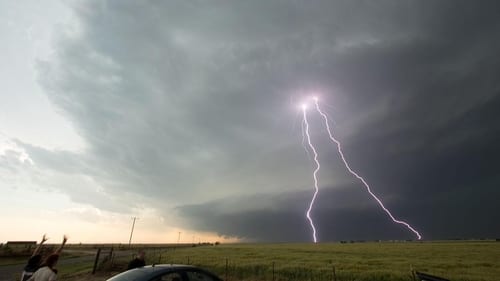
The tornado that struck El Reno, Oklahoma, on May 31, 2013, defined superlatives. It was the largest twister ever recorded on Earth.

The lowest paid teachers in the nation are in the middle of a statewide walkout in Oklahoma. From start to finish, Walkout follows the teachers as they get organized and demand raises from their state legislature. From crowded classrooms to a packed state capitol, Walkout offers an in-depth, personal look at the latest strike at the heart of a nationwide movement for education funding.

From the oil boom of the 1970s to the failure of Penn Square Bank in 1982 to the bombing of the Murrah Federal Building in 1995, this inspiring, feature-length documentary sheds light on the darkest years of Oklahoma City… and the people who refused to give up. Produced, written and directed by Mick Cornett, Oklahoma City: The Boom, the Bust and the Bomb is a story like no other. It’s a tale of resilience, exploring how Oklahoma City’s turbulent past helped shape its bright, flourishing future.

An examination of the extinction threat faced by frogs, which have hopped on Earth for some 250 million years and are a crucial cog in the ecosystem. Scientists believe they've pinpointed a cause for the loss of many of the amphibians: the chytrid fungus, which flourishes in high altitudes. Unfortunately, they don't know how to combat it. Included: an isolated forest in Panama that has yet to be touched by the fungus, thus enabling frogs to live and thrive as they have for eons.
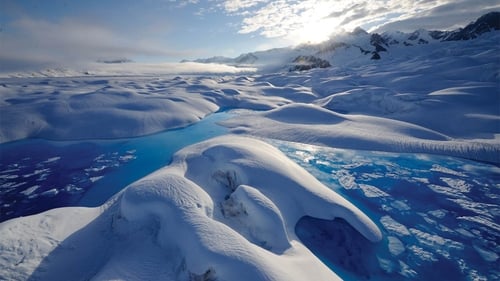
In the far North, in the late fall, at a time of year when it should be covered with ice, the sea remains frozen along the coast of Greenland. Glaciers are melting and shedding chunks of ice that are scattered across the ocean surface. The animals inhabiting the land and water are threatened by warming temperatures and loss of sea ice. Climate change is fundamentally altering the natural environment of Greenland and affecting the lives of its wildlife and indigenous people. Greenlanders, who have survived for generations by hunting, are now losing their prey and their traditional way of life. They are facing the stark reality of a warming climate and are trying to adapt. Until now, the Inuit people who were born in Greenland and know only their traditional life of hunting, have never thought of a different place, a different life, a different future. But now they must face the possibility of losing their ancient traditions and their prey along with the disappearing ice.

Narrated by Academy Award winners Sissy Spacek and Herbie Hancock, River of Gold is the disturbing account of a clandestine journey into Peru's Amazon rainforest to uncover the savage unraveling of pristine jungle. What will be the fate of this critical region of priceless biodiversity as these extraordinarily beautiful forests are turned into a hellish wasteland?

















